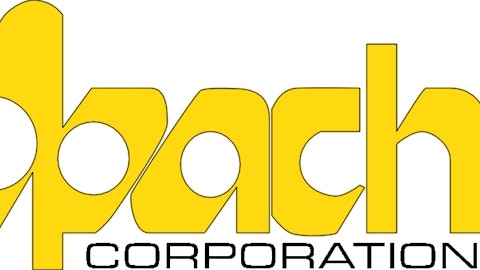If you haven’t noticed, natural gas prices have soared over the past month and a half, helping reverse a lengthy decline that began in the summer of 2011. Gas futures in New York settled at a 20-month high on Friday, led by colder-than-expected weather that helped reduce stockpiles below the five-year average for the first time since 2011.

March saw uncharacteristically strong demand for home heating because of unusually chilly temperatures. The trend is expected to continue, with MDA Weather Services, a provider of meteorological forecasts, predicting colder-than-usual temperatures in the north-central states and hotter-than-usual weather for Texas and the Southeast for next week.
In the week ended March 29, the U.S. Energy Information Administration reported that 94 billion cubic feet, or bcf, of natural gas were withdrawn from underground storage, exceeding Wall Street’s consensus for a draw of 92 bcf. That pushed the amount of working gas in storage down to 1.687 trillion cubic feet, or tcf, a decrease of 779 bcf from a year earlier and 37 bcf below the five-year average.
In addition to bullish storage data, gas price gains accelerated following the release of Baker Hughes Incorporated (NYSE:BHI)‘ rig count data, which indicated that the number of rigs drilling for natural gas fell by 14 to end the week at 375 — the lowest level since May 1999.
According to Johan Spetz, an analyst at Goldman Sachs Group, Inc. (NYSE:GS), gas prices will have to rise further in the second half of the year to spur production growth. According to his calculations, prices will need to average about $4.50 per thousand cubic feet in the latter half of the year to balance the market.
Winners and losers
If prices do end up moving higher still, some low-cost natural gas producers stand to see further gains. One company worth keeping an eye on is Ultra Petroleum Corp. (NYSE:UPL) , a pure-play gas producer whose stock price closely tracks the price of natural gas; since mid-February, shares are up almost 30%.
Ultra was one of the lowest-cost producers last year, with all-in costs of roughly $3 per thousand cubic feet equivalent, less than half the industry average of $6.31. If gas prices rise further, its Pinedale Field and Marcellus assets will become even more profitable — a catalyst that’s sure to send the company’s stock higher.
Some companies are already reacting to the surge in gas prices by resuming or ramping up gas drilling. For instance, Encana Corporation (USA) (NYSE:ECA) announced in February that it plans to increase the number of rigs it has running in the Haynesville shale by three this year, because of the play’s improved profitability.

